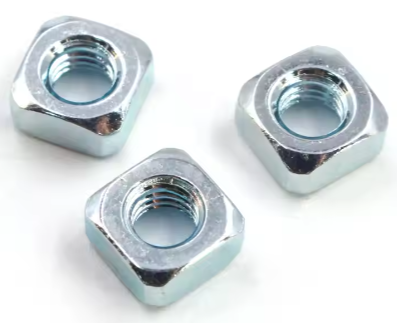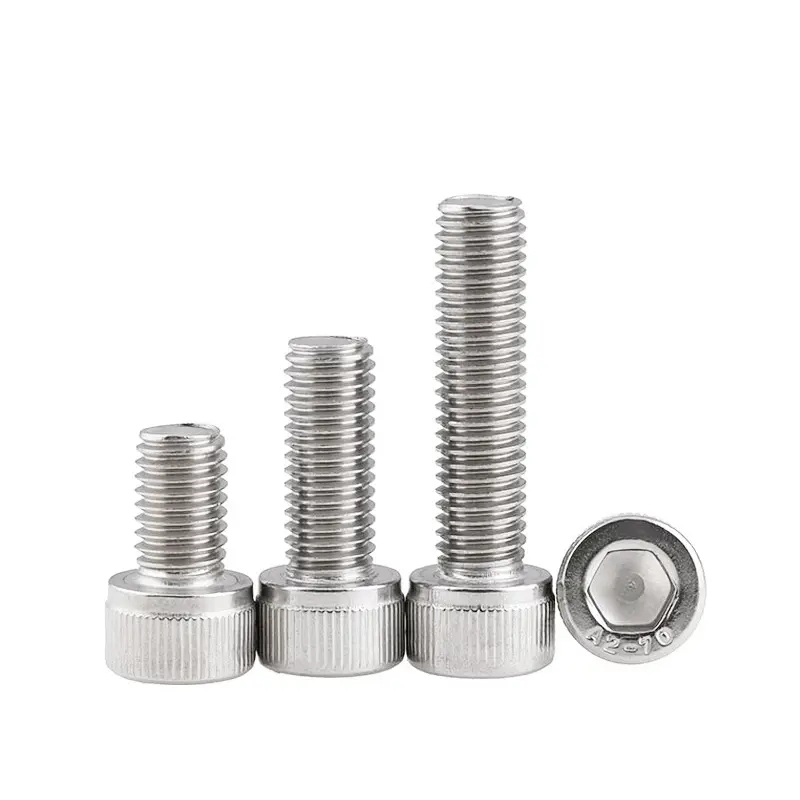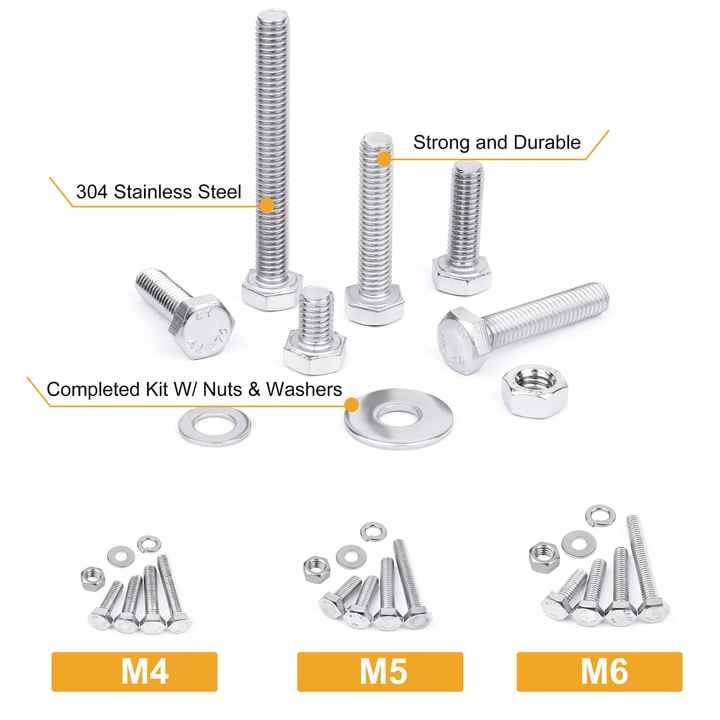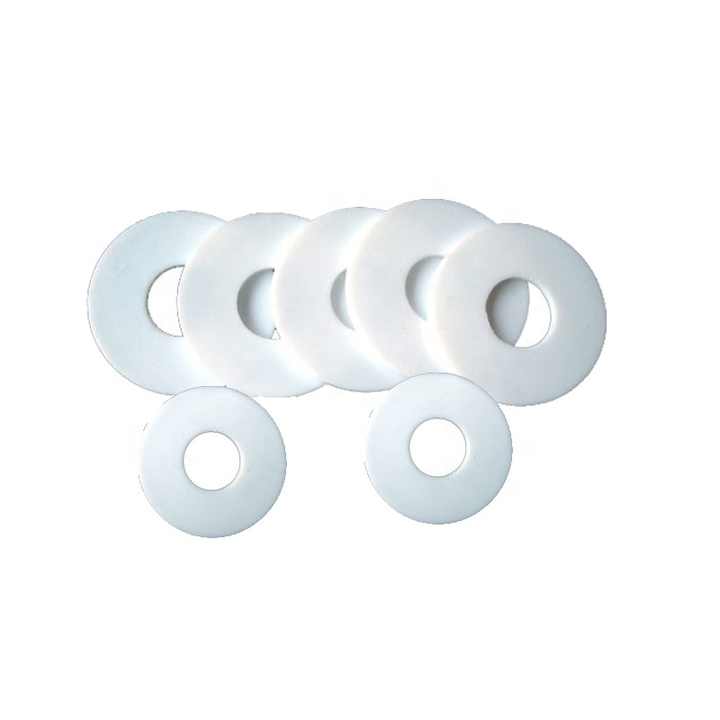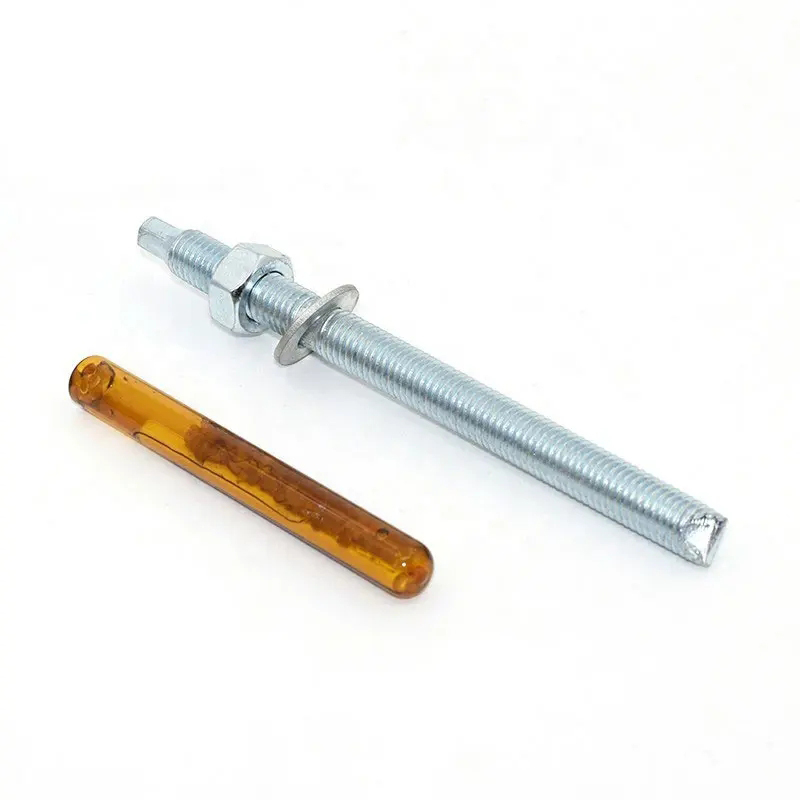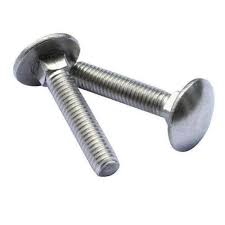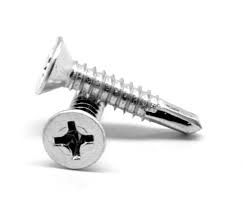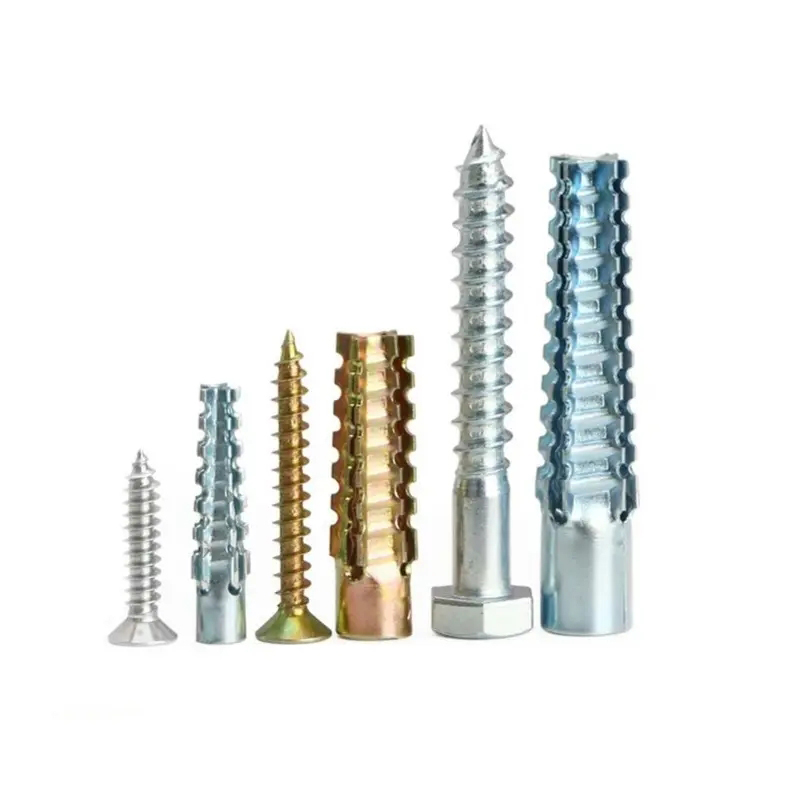

This comprehensive guide explores the world of shaped bolts, covering their various types, applications, material choices, and considerations for selection. We'll delve into the specifics to help you choose the perfect shaped bolt for your project. From understanding the different shapes available to identifying the ideal material for your specific needs, this guide provides the knowledge you need to make informed decisions.
The most common types of shaped bolts include eye bolts, hook bolts, and J-bolts. Eye bolts feature a circular loop at one end, ideal for lifting or attaching to chains or hooks. Hook bolts, as the name suggests, have a hook at one end, commonly used for securing objects or creating hanging systems. J-bolts, with their characteristic J shape, are frequently used in various fastening applications requiring a specific bend.
Beyond standard designs, manufacturers like Hebei Dewell Metal Products Co., LTD offer custom-shaped shaped bolts to meet unique project requirements. These might involve specialized bends, threads, or dimensions tailored to specific applications. The possibilities are extensive, allowing for precise solutions to complex fastening challenges.
The material of a shaped bolt significantly impacts its strength, durability, and corrosion resistance. Common materials include:
| Material | Properties | Applications |
|---|---|---|
| Stainless Steel | High strength, corrosion resistance | Marine applications, outdoor environments |
| Carbon Steel | High strength, cost-effective | General construction, industrial applications |
| Aluminum | Lightweight, corrosion resistant | Aerospace, automotive applications |
Choosing the appropriate shaped bolt involves considering several factors:
Carefully assess the required shape and dimensions to ensure a proper fit and function within the application.
The choice of material depends heavily on the operational environment and the required strength and durability. Consider factors like corrosion resistance and temperature exposure.
Select the correct thread type and size to ensure a secure and reliable connection.
Always check the load capacity of the shaped bolt to ensure it can withstand the anticipated forces.
Shaped bolts find applications across various industries, including:
Understanding the nuances of shaped bolts is crucial for engineers, designers, and anyone involved in selecting and utilizing fasteners. By considering the factors outlined above, you can ensure the selection of the most suitable shaped bolt for your project, leading to efficient and reliable fastening solutions.

